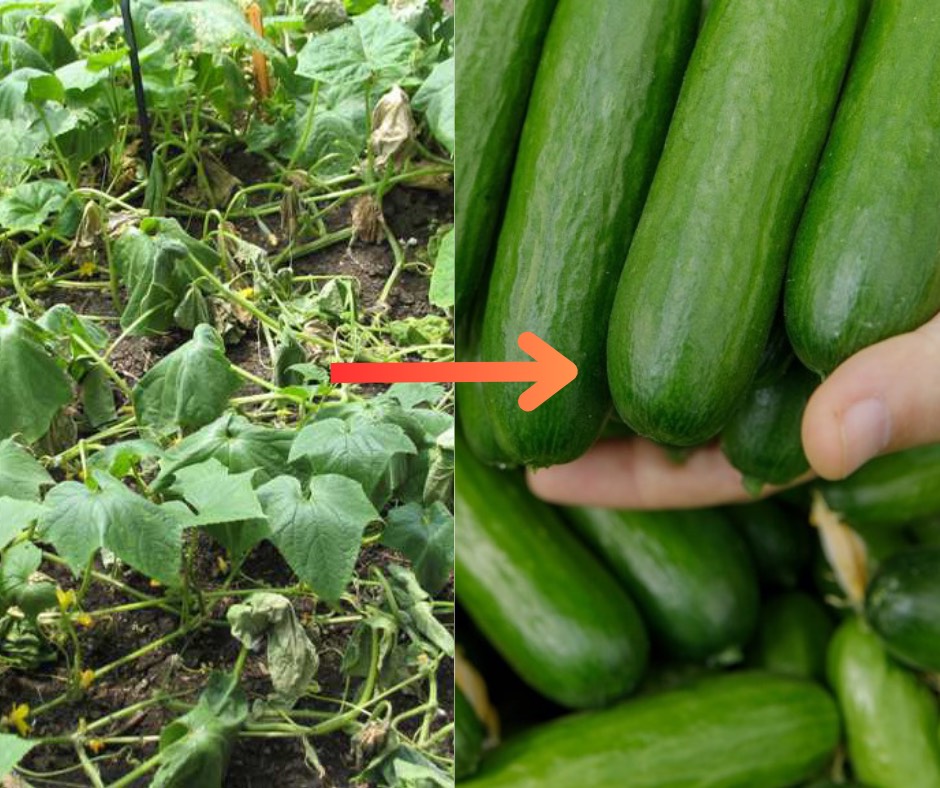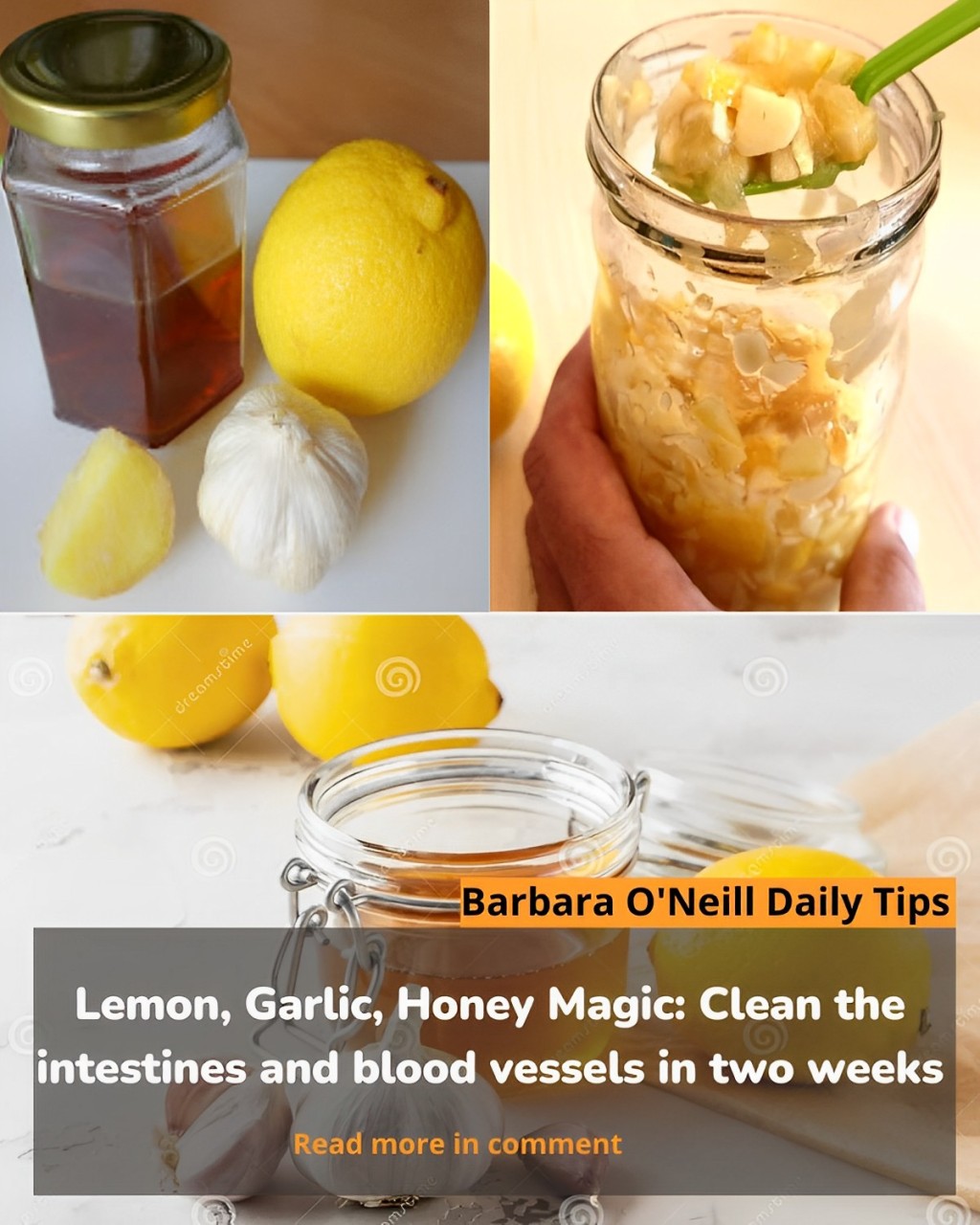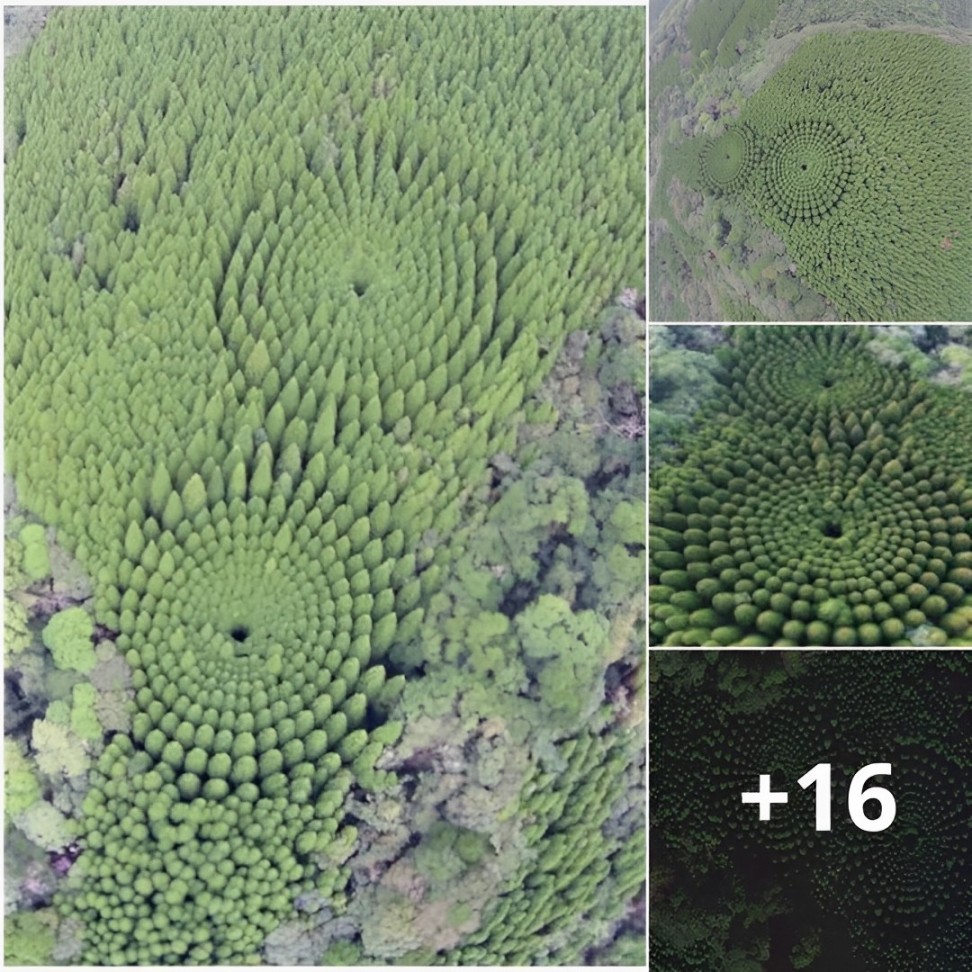“There’s just not much university research on anything except blueberries. They just don’t know about growing black currants or elderberries,” Riddle told Agri-News .
Blue Fruit Farm is an organic farm outside of Winona that has sold blueberries, cherry plums, elderberries, honeyberries and black currants alongside blueberries for six years.
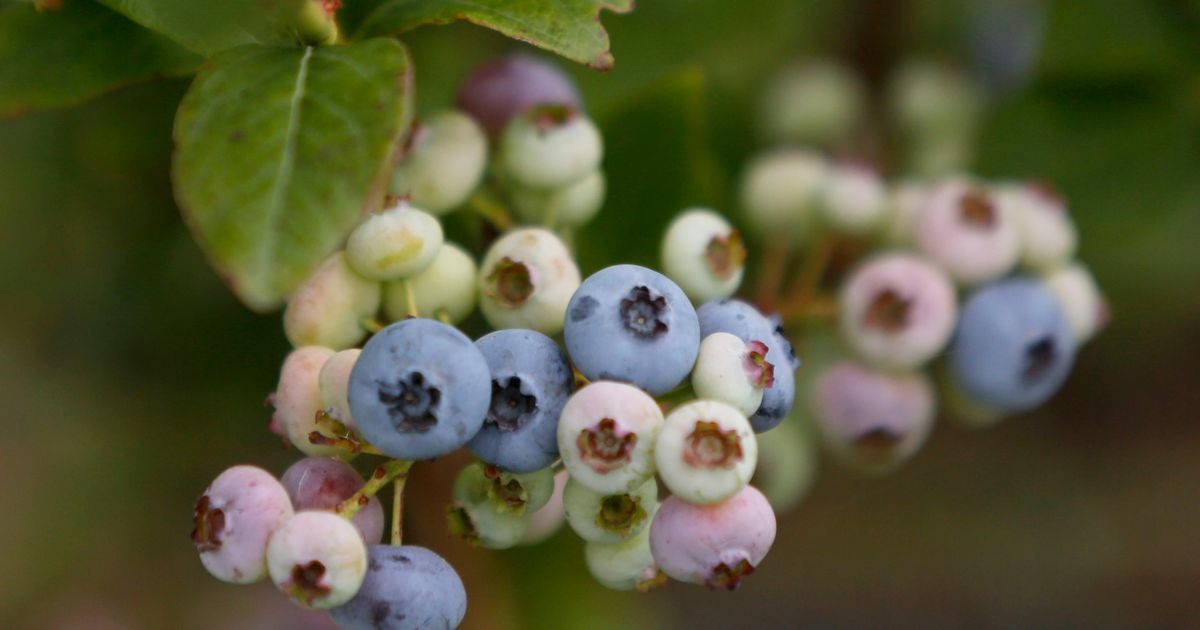
While growing vegetables to be sold at the Winona Farmers Market in the mid-1990s, the couple decided in 2009 to plant about 800 blueberry shrubs, a few cherry plums, two rows of juneberries and a row of aronia berries. In the 2011, they expanded the blueberry planting and added black currants, elderberries and blue plum trees. The following year, they added more blueberries — 1,600 bushes total — with several black plum trees, and more aronia and elderberries bushes.
Riddle said the most difficult berry to plant has been the blueberries, but blueberries are the easiest to sell. Hundreds of pounds are frozen for sale during the winter.
The berry business keeps them busy all year. Ford said if they had just planted blueberries, their harvest would’ve been done between July and August, now they harvest from June to October.
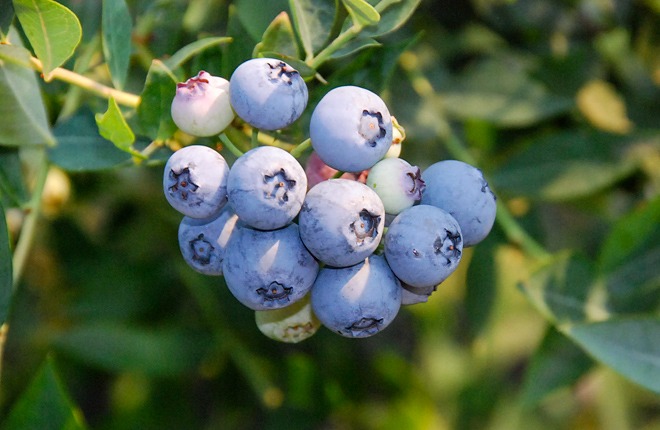
The couple met years ago when Riddle, a central Iowa resident, visited his sister in the Winona area, when he met Ford, who was already an avid organic farmer.
Organic farming may be a broad term, but is an important way of life for Riddle and Ford.
“This has been our life’s work, essentially, being organic farmers and promoting organic agriculture to people,” Ford said. “For me, organic agriculture production is a system of prevention. It’s identifying the problems, keeping your fertility up, but identifying the problems then researching then doing a multitude of management strategies to prevent that problem.”
Riddle said organic farming means “living in harmony with the earth,” believing that people are concerned about what they put into their body, wanting to stay away from food grown or produced with pesticides and genetically modified organisms.
“Personal health is the strong motivator for the consumer,” he said.
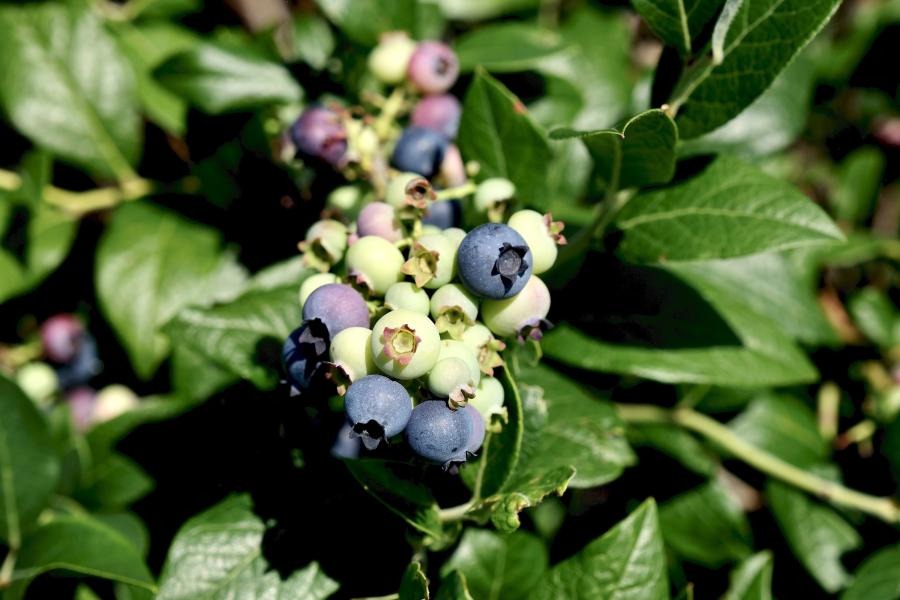
The farm has seen a steady growth in business since the couple gambled on fruit, doubling the amount of fruit sold from last year — 3,000 pounds in 2016, and 6,000 pounds in 2017.
The maturity of the plants helps. Their black currant plants are now able to produce 900 pounds, all of which were sold.
The couple doesn’t usually attend farmers markets, but recently participated in Feast! in Rochester, Minnesota, a showcase of locally produced food, and made their yearly appearance at the Winona Farmers Market.
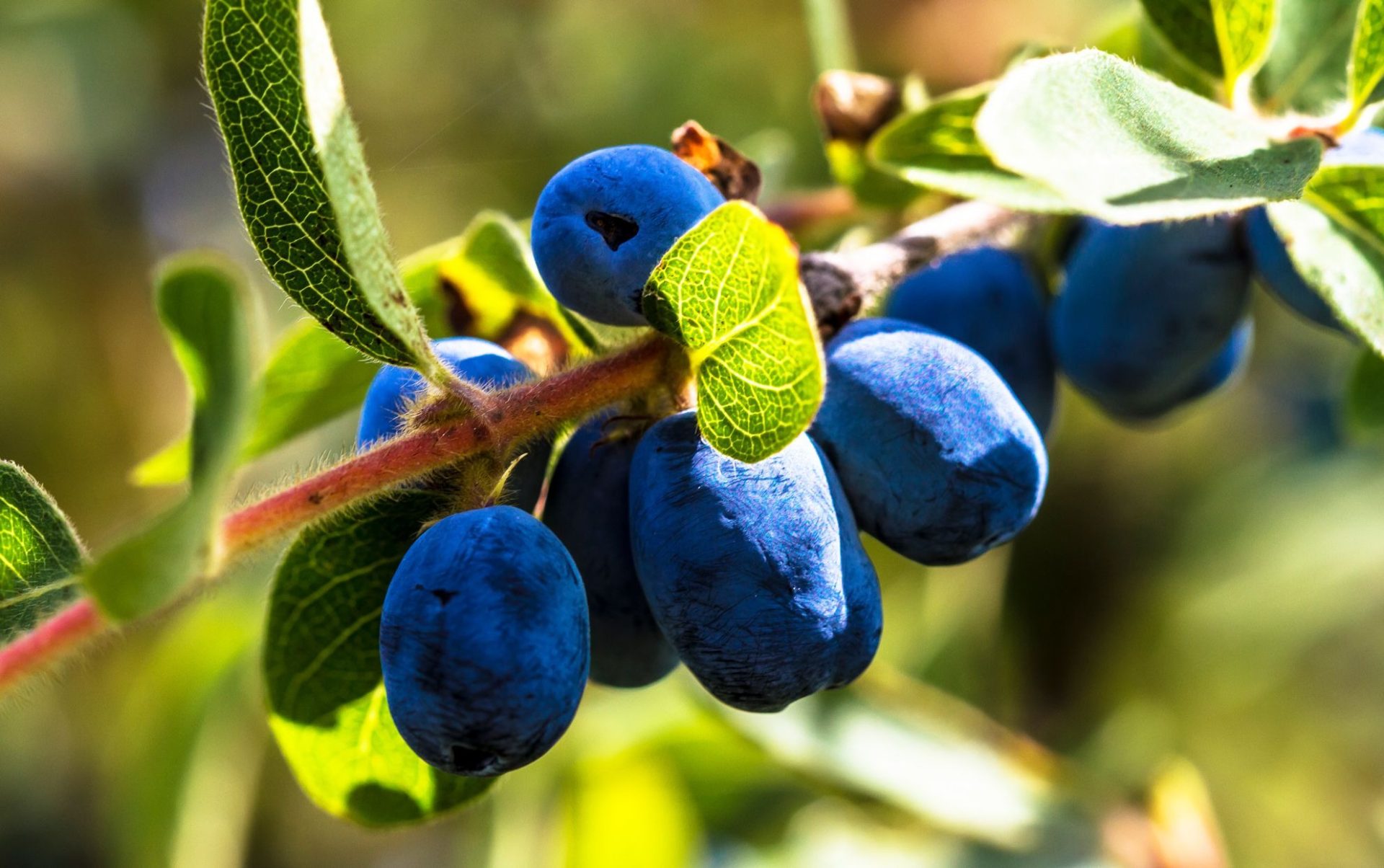
Instead, they have an ordering system through their website where people can sign up for what kind of berry, fruit juice, or jam they will pick up at the farm. Rarely do they ship their products.
The couple offer guided farm tours and tastings to help customers understand what kind of berries are being raised and how they can be used.
